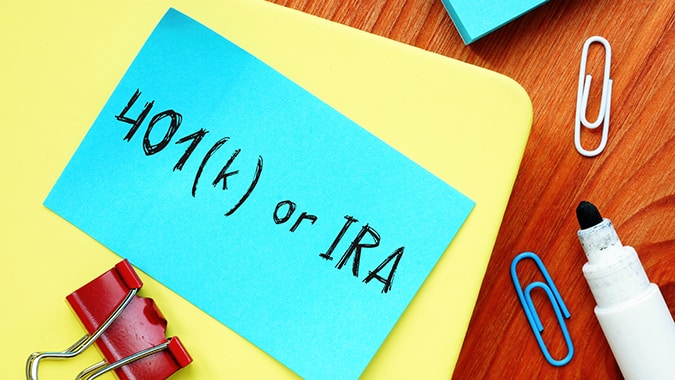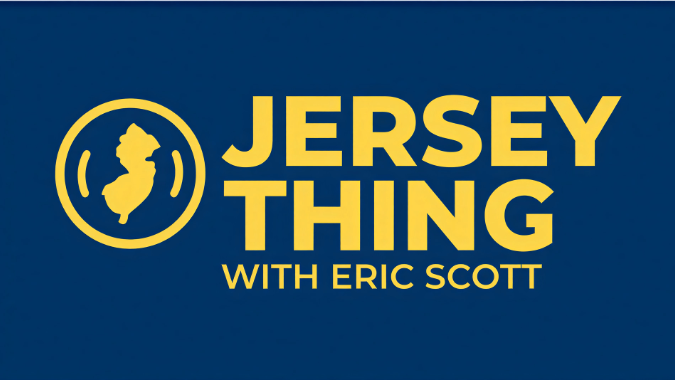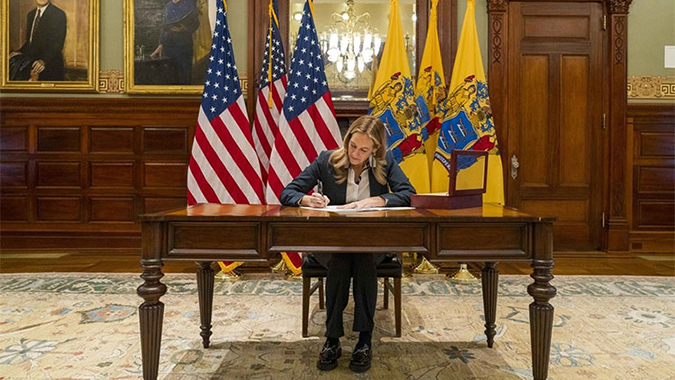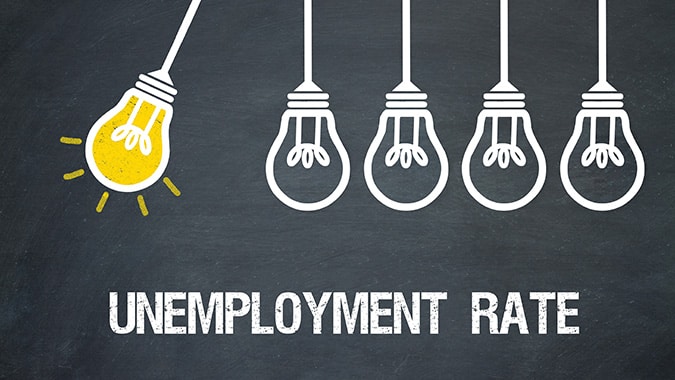In states with laws mandating that employers enroll workers in state-sponsored IRA savings programs if they do not already offer a retirement plan, a growing number of businesses have been opting to go with their own plans instead.
John Scott, project director of Retirement Savings at The Pew Charitable Trusts, said in a recent DC Pension Geeks podcast that Pew followed up on its 2016 survey of small and medium-size business owners without retirement plans. Eight years ago, 53% of these employers said they would start offering their own plan if faced with a mandate to join a state-run IRA savings program, and PEW wanted to determine if they actually did.
“We thought survey talk is cheap, let’s see what the actual evidence is for plan adoption in these states,” Scott said. “And so, for the past three years, we’ve been looking at plan return data comparing states that have auto-IRA programs versus those that don’t.”
There are 15 states, including New Jersey, that have laws on the books requiring employers to enroll workers in state-run auto-IRA saving programs if they do not have their own retirement plans, but only three have been operational long enough to provide sufficient data, Scott said. For that reason, the latest analysis was limited to what has happened in California, Oregon, and Illinois – the first states to adopt auto-enroll IRA savings plans.
“What we’ve seen, the first year the program goes live, is that we see this uptick in new plan adoption in those auto-IRA states that is much higher than the national average,” Scott said. “What you have then is a bit of a push-pull effect. The state comes in and says you need to enroll your workers into this statewide program or adopt your own program.
“The state is acting to nudge employers to make a decision,” Scott said. “And at the same time, you have companies that are offering 401(k)s saying, ‘Wouldn’t you rather have a 401(k) with employer matching and a bigger selection of investments and other features?’”
The state of Oregon, for example, was averaging 600 new plans a year, but after the state-run “Oregon Saves” automatic IRA savings plan went live, the number of employers who wanted an alternative and instead opted for their own plan jumped 50%, Scott said.
Pew intends to follow up with data from the other 12 states with new auto-IRA savings plan laws to see if the same trends hold, Scott said. “There’s some data lag issues... we are going to catch up eventually with some of these other states.”
In New Jersey, private companies with 25 or more employees that have been in business two or more years are required to register for the state’s new RetireReady NJ program unless they already have a qualified retirement savings plan for their workers. NJBIA is offering its members an alternative to the state-run plan with more options and investment choices.
The NJBIA retirement solution allows businesses to join a Multiple Employer Plan (MEP) that can access customizable fiduciary-managed retirement plans for their employees. NJBIA’s program provides employers with more investment choices and an opportunity to match employee contributions – options the state plan lacks.
Additionally, the NJBIA retirement solution provides businesses with a dedicated financial advisor to help set up employee meetings and answer workers’ questions to increase voluntary enrollment. Employers can qualify for a three-year tax credit if they are part of the NJBIA plan, which is also not available under the state plan.
To learn more about the NJBIA retirement solution, go here.




